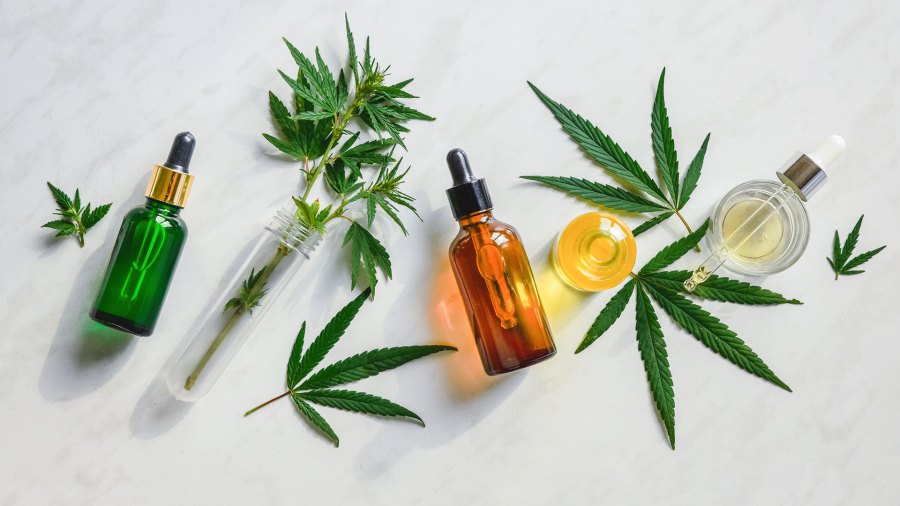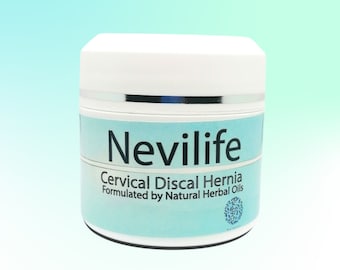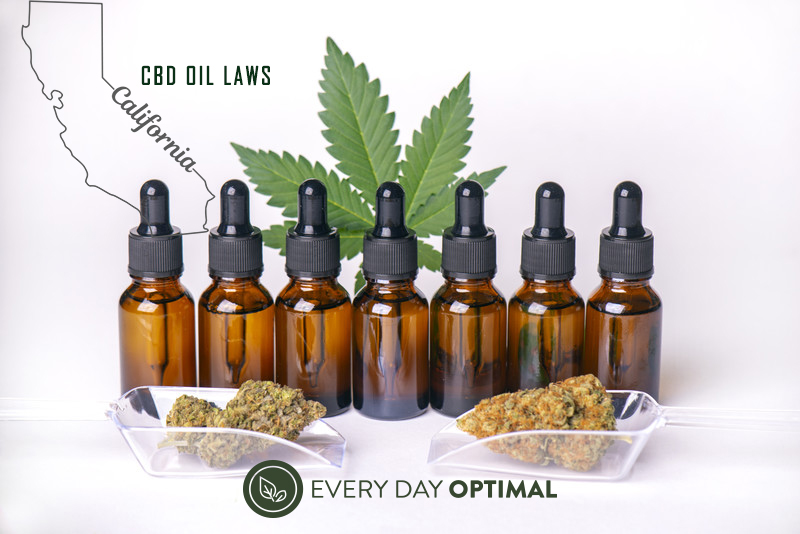
This article covers THC, Sativex, and Placebo (placebo) drugs. It also discusses the potential abuse. It's crucial to fully understand all facts before you take any medication. Sativex is best if you consult a pharmacist or doctor before taking it. We also include side effects, possible side effects, and other important information.
Sativex (nabiximols).
Multiple sclerosis sufferers can use the cannabinoid-based oromucosal spray Sativex (nabiximol), to treat spasticity. It has been used for more than 10 years in Europe. It has been approved for use in Canada as well as several other countries, starting in early 2022. Sativex may be used for moderate-to severe spasticity in adults.
Numerous clinical trials have demonstrated that Sativex improves sleep quality and reduces spasticity. Sativex has side effects such as constipation, diarrhoea, and diarrhea. It can also cause fatigue and decreased memory. Sativex is also not recommended for people with psychotic disorders or pregnant women.

THC
Both THMs and nabiximols can be psychoactive. They are both associated with side effects. The most common adverse effects reported were dizziness, nausea, and fatigue. These side effects can be managed by changing the dose. Most side effects resulted in no study discontinuation.
Nabiximols, a highly characterised extract of the cannabis plant, contains THC and CBD in a patented spray formulation. It is available in Canada and is the first cannabis-based medicine to be clinically developed.
Placebo
Nabiximols, an alternative to opioids, are a good option for patients with advanced-stage cancer. These agents had an analgesic effect on patients suffering from opioid-unresponsive pain in the Phase 3. To follow up these encouraging results, three similar randomized placebo-controlled trials were conducted. Two of the trials were also published in a companion paper. In each trial the random assignment of 303 patients to either nabiximols and placebo was made during the two first phases. Both studies failed to meet the primary efficacy endpoints.
The nabiximols group was more effective in reducing the rate and duration of seizure events. One child in the nabiximols randomized group had complete seizures stopped, while one child in placebo experienced partial seizures.

Potential for abuse
In a recent study, nabiximols, an oromucosal spray that contains cannabidiol and delta-9-tetrahydrocannabinol, was compared to placebo. The abuse potential for nabiximols is comparable to oral THC. The study used post-marketing reports to assess abuse potential, which is not the most robust method. THC, however, has a long-standing abuse liability when not used for therapeutic purposes. In addition, one in ten people develops dependence to the drug.
Many pharmaceutical companies have been developing drugs that contain nabiximols to deter abuse in recent years. These drugs are not recommended for use in cases of opioid dependence. However, there have been concerns over their abuse potential. Although these studies have been ongoing for many years, there is still much to be learned about their effectiveness. The literature review reveals that there have been many different approaches to testing opioids. Nevertheless, there are some best practice guidelines.
FAQ
What are the most popular CBD brands?
These five top CBD brands are hand-picked by our team based on value, reliability, quality, and price.
They sell high-quality CBD oil products with less than 0.2% THC.
Also, we recommend that you check out our list with the top CBD sellers around the world.
Which CBD products are most popular?
CBD products are becoming increasingly popular. They can be used for anything, including pain relief or anxiety. The market is big and growing fast.
But for what purpose do people buy CBD? This is how it affects brand owners.
Well, according to Statista, CBD products are being bought for their relaxing effects. They can also be used to treat inflammation.
If your product contains both CBD and THC, it can be used for medicinal and recreational purposes.
But what about brands which are focused on just one purpose? If a company sells CBD to relieve stress, it will be the only one that is competitive.
A brand that focuses on CBD for medicinal purposes will also have a large customer base.
A brand must have a unique selling proposition (USP) if they want to appeal to recreational users. A USP simply means a distinctive feature or benefit that differentiates a brand's competitors.
For example, some brands offer free shipping, while others offer discounts for bulk orders.
Can I use CBD during pregnancy?
It is not clear if CBD is safe for use during pregnancy.
Based on the limited information, however, it seems unlikely that CBD would cause harm for the baby.
Pregnant women shouldn't take CBD unless they are advised by their doctor.
In fact, the Food and Drug Administration recently issued a warning about potential risks associated with taking CBD while pregnant.
FDA states that there are some indications that cannabis use during pregnancy could increase the chance of miscarriage.
The agency stated that further research is required before a firm conclusion could be drawn.
Which states are the biggest consumers of CBD?
California, Colorado and Oregon are three of the most popular states. These states have large populations, high incomes, and low unemployment rates. These states also have higher hemp farms than the rest.
California leads the way because its economy is heavily based on agriculture. It is home to a large amount of fruits and vegetables. This makes sense since cannabis is derived from the same plant as hemp.
Oregon and Colorado are closely followed by Oregon, both of which produce marijuana for medical use. However, unlike California, these two states do not allow the recreational use of marijuana.
Other states that are highly ranked include Washington, New York. Florida. Illinois. Pennsylvania. Mississippi.
What is the future of the CBD industry?
The future of the CBD industry is bright. It's easy to see why so many people are jumping on board with this sector. It's easy to see why this market is growing exponentially, with CBD products generating over $1 billion in global sales.
In fact, according to Statista, global sales for cannabidiol (CBD) were expected to reach $22.4 billion in 2019. That's almost 200% more than in 2018!
It is also expected that the CBD market will grow at a compound annual growth of 22.5%. That would translate to approximately $6.8 million in revenue by 2020.
This is great news both for those looking to enter the market as well as existing companies. The CBD market is still young and may face challenges.
Is there a saturation in the CBD market?
CBD is seeing a steady growth rate of 25 percent annually. This growth is expected continue for at most five more years. The industry is expected to grow from $2Billion today to $5Billion by 2020.
The CBD market is currently dominated by two companies - GW Pharmaceuticals and Canndoc Ltd. Both companies are focused on the development of pharmaceutical-grade CBD products. However, they have not been very successful thus far. Both are struggling to get traction on market.
Cannabidiol (CBD) is an extract of cannabis that contains less than 0.3% THC. It does not cause any psychoactive effects. It can be used to treat epilepsy or other medical conditions. It is also used to supplement a diet.
There are many options for CBD products. Some CBD products contain whole plant extracts. Others use CBD-rich cannabinoids.
These products all share one thing in common: low levels are THC.
They are now legal under US federal laws. You still need to comply with local laws when you sell CBD products. You should always verify your state's regulations for the sale of CBD products.
There are also several states that CBD products are prohibited. These include California and Colorado, Florida, Mississippi. Missouri, New York. North Carolina. Ohio. Oklahoma. Oregon. Rhode Island. South Dakota. Texas. Utah. Virginia. Washington.
If you live in one of these states, then you will probably want to avoid making CBD products.
Statistics
- A recent study [161] also found that in vitro CBD treatment (i.e., ≤ 2 h exposure to 10 μM) induced ~40% vasorelaxation in isolated (pre-constricted) (ncbi.nlm.nih.gov)
- As a substance that was federally illegal before the passage of the 2018 Farm Bill, hemp-derived cannabinoids with no more than 0.3% THC still face a regulatory grey area. (forbes.com)
- HR −16 mmHg; 95% CI −26, −6; I2 = 92%) (ncbi.nlm.nih.gov)
- however, one study also found that these effects were virtually abolished when the original media (a nutrient broth agar) was replaced with one containing 5% blood (increasing the minimum concentration to ~160 μM CBD) [179]. (ncbi.nlm.nih.gov)
- CBD seems unlikely to directly influence sleep in healthy humans [115] (and maybe “sleep-promoting” in those with certain comorbid conditions) (ncbi.nlm.nih.gov)
External Links
How To
How to get certified for selling CBD products
One of many cannabinoids found within cannabis plants is CBD (cannabidiol). It has been used medicinally in many countries throughout history, including traditional Chinese medicine and India. Due to its ability treat conditions like anxiety and pain, epilepsy, inflammation, and other ailments, it has become increasingly popular. The U.S. does not have an official certification program yet for CBD products. Therefore, anyone wanting to make a living selling CBD products must rely on their "unofficial" self-certification.
There are two ways to go about this. The first way is to join an association of local cannabusiness owners. This allows you to network with other owners and get advice and support. There are currently dozens of associations around the country. The second option is to take your business online. Canna-businesses can now operate online in many states. If this is the case, then you can establish your own website immediately and start accepting orders. However, you will still need to register at your state's Department of Public Health. Once you have registered, it will be possible to apply for your license through the state's department public health. After receiving your license, you are legally allowed to open a store and start accepting orders.